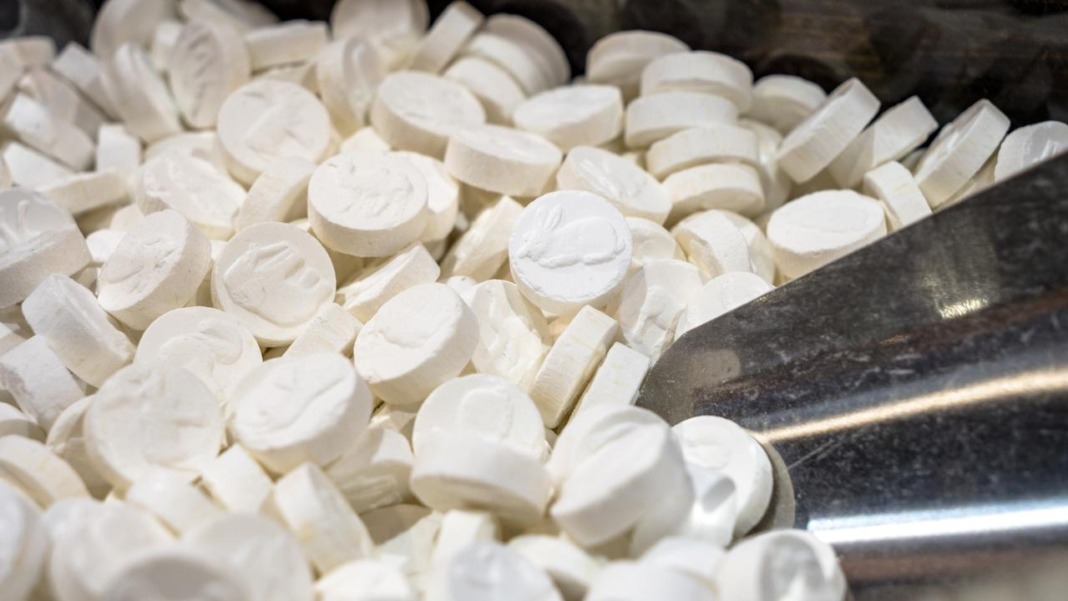In a groundbreaking move that could reshape the landscape of mental health treatment, the US Food and Drug Administration (FDA) has been formally asked to review MDMA, commonly known as ecstasy or molly, as a potential therapy for post-traumatic stress disorder (PTSD Treatment). The application, submitted on Tuesday by the MAPS Public Benefit Corporation, marks a pivotal moment in the decades-long journey of clinical research and advocacy dedicated to exploring alternative approaches to PTSD treatment.
MDMA, a psychedelic drug classified as an entactogen, belongs to a unique class of psychoactive substances that induce experiences of emotional communion, relatedness, and emotional openness. Long associated with recreational use in the form of street drugs, the therapeutic potential of MDMA has gained increasing attention in recent years.
The new application comes on the heels of a breakthrough therapy designation granted by the FDA in 2017 to MDMA-assisted therapy. This designation expedites the development and review of drugs that show preliminary clinical evidence of being a substantial improvement over existing therapies for serious conditions. In the case of PTSD, which affects millions worldwide, there is a pressing need for more effective treatments.
Two pivotal studies conducted by MAPS, involving 90 and 104 participants respectively, demonstrated significant reductions in symptoms and impairment associated with PTSD when compared to a placebo. The promising results have fueled optimism within the scientific and medical communities about the potential of MDMA-assisted therapy as a transformative intervention for individuals struggling with the debilitating effects of PTSD.
Amy Emerson, the CEO of MAPS, highlighted the historic significance of the moment, stating, “The filing of our NDA is the culmination of more than 30 years of clinical research, advocacy, collaboration, and dedication to bring a potential new option to adults living with PTSD, a patient group that has experienced little innovation in decades.”
Current treatments for PTSD predominantly involve the use of antidepressants and specialized forms of cognitive-behavioral therapy. While these approaches have proven beneficial for many, they often fall short in providing relief for a substantial number of individuals, leaving a critical gap in available options.
The potential approval of MDMA for PTSD treatment by the FDA would not only mark a paradigm shift in mental health care but also necessitate a rescheduling of the substance. Currently classified as a Schedule I drug under the Controlled Substances Act, MDMA is defined by the US Drug Enforcement Administration as having no currently accepted medical use. The rescheduling process would be a crucial step in recognizing and legitimizing the therapeutic potential of MDMA.
As the FDA reviews the application, there is a sense of cautious optimism among mental health professionals, researchers, and advocates. The journey from street drug to a potentially approved treatment for PTSD underscores the transformative power of scientific inquiry and highlights the importance of exploring unconventional avenues in the pursuit of mental health solutions.
If the FDA approves MDMA for PTSD treatment, it could not only offer a new ray of hope for those grappling with the disorder but also open the door to a broader conversation about the integration of alternative and innovative therapies into mainstream mental health care. The next 60 days will be closely watched as the FDA deliberates on the future of MDMA-assisted therapy and its potential to bring about a positive revolution in the field of mental health treatment.



